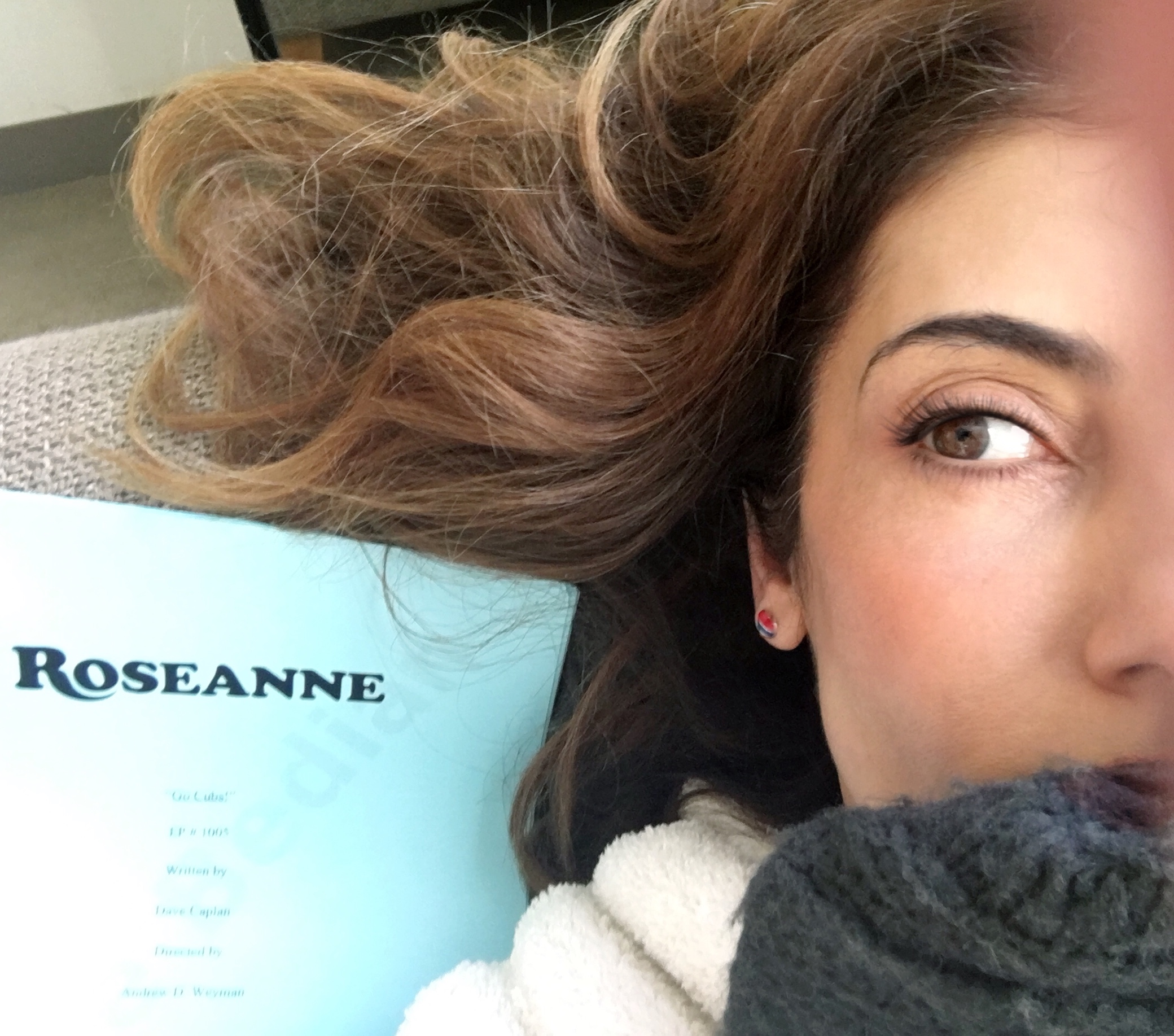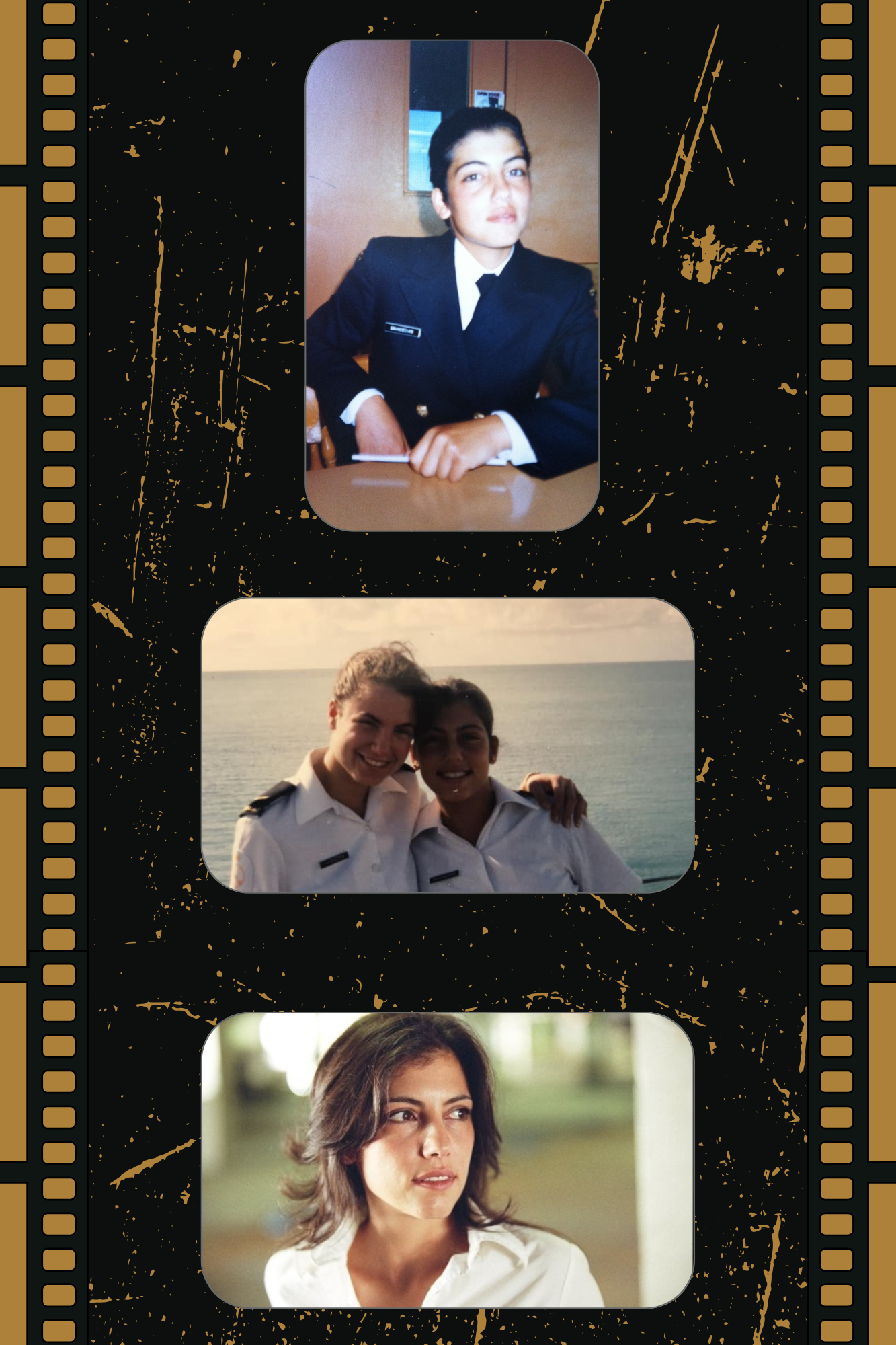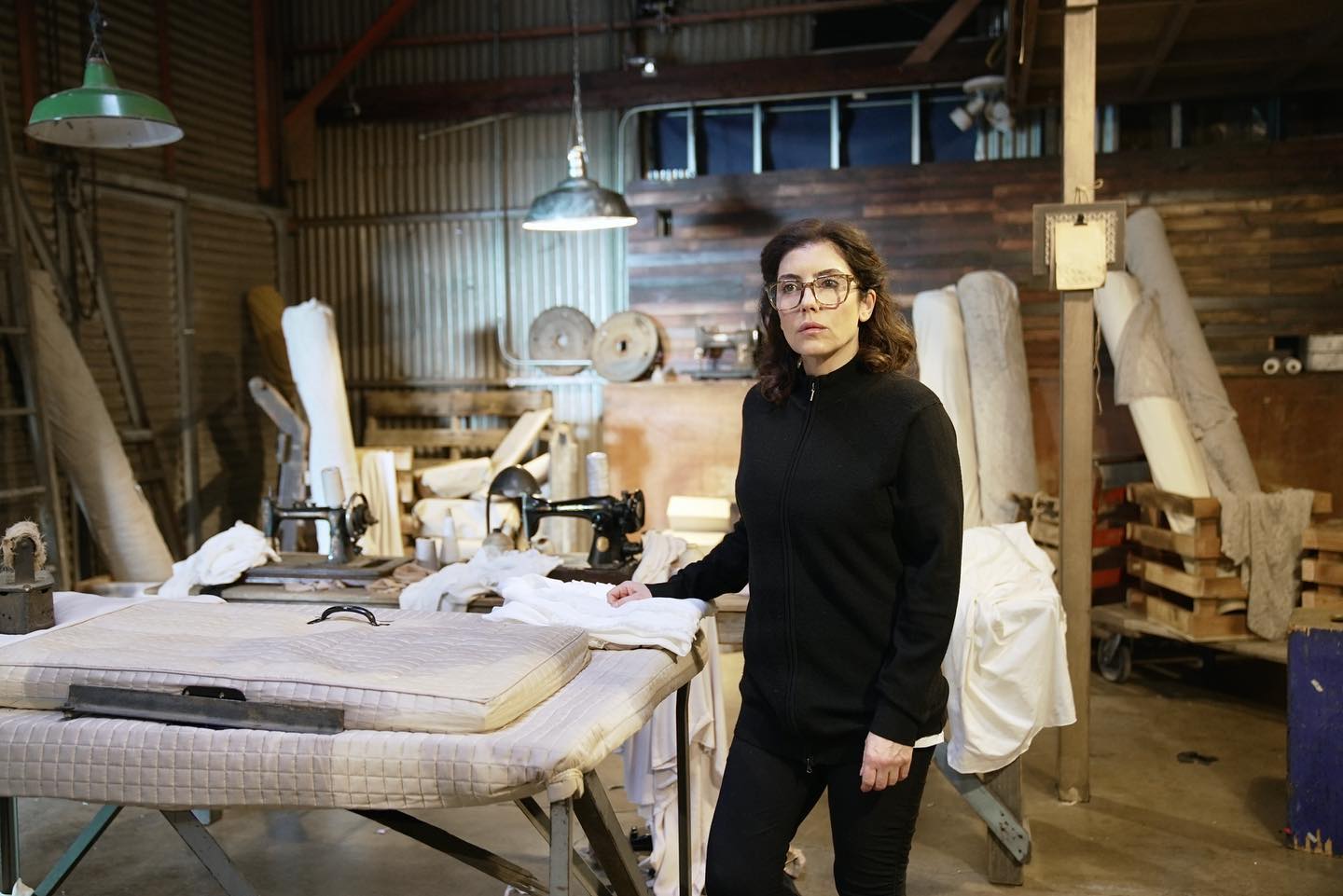When I first started auditioning for comedies, I thought I knew what I was doing. I had trained extensively as an actor and was confident in my abilities. But then, after a pilot audition in New York—one I won’t name—feedback from casting came in: “She’s not 30-minute material.”
I didn’t fully understand what that meant. Comedy was comedy, and I thought I had done well. Looking back, they were absolutely right—I definitely wasn’t 30-minute material.
Fast forward to now: I’ve worked on live-audience sitcoms, Curb Your Enthusiasm, and various other comedies. Honestly, I’m surprised that casting in New York was so polite with their feedback! But the turning point wasn’t that feedback. It came a few years later with a self-tape I submitted in LA, which led me to Lesly Kahn—THE Lesly Kahn—and gave me a whole new understanding, appreciation, and love of sitcoms.
The Self-Tape That Changed Everything
About three years after that feedback in New York, I found myself in Los Angeles, submitting a self-tape for what I thought was a straightforward comedy audition. I approached the scene with the same mindset I had always used—confident in my choices and comedic timing. My manager liked the tape but wanted a second opinion. She sent it to Leslie Kahn.
At first, Lesly said the tape was fine. No red flags. But then my manager sent her the sides.
“This is a sitcom,” Lesly said. “Anne’s doing it like a dramedy.”
I had no idea the two were so different. The clock was ticking—I had less than 48 hours to re-tape the scene and submit it. That’s when my manager suggested I book a private coaching session with Lesly. I didn’t hesitate. Little did I know, that one session would fundamentally change the way I approached comedy.
A Crash Course in Sitcoms
Walking into that coaching session, I wasn’t sure what to expect. I knew I had work to do, but I couldn’t pinpoint what was off. Lesly didn’t waste time. She immediately dissected the script, pointing out what I had completely missed. For her, it was effortless—a native speaker navigating her language. For me, it was like trying to learn an entirely new dialect in real time.
But we didn’t have time for me to learn. I had to submit the tape. Leslie quickly tested my ability to take direction and mimic her. Check—I passed. She broke the scene down into beats, giving me explicit direction for every moment. Honestly, I just memorized mimicking her since I didn’t yet understand the mechanics. But the results were undeniable.
When I re-taped the audition after that one session, it was a completely different performance. The scene came alive in a way it hadn’t before. That’s when I realized: I was never going to book a sitcom unless I started training.
The Learning Curve
I’ll admit it—my dramatic training didn’t prepare me for sitcoms. As a Meisner-trained actor, I was used to focusing on emotional connection, stakes, and intention. But sitcoms operate on a completely different plane. They’re not about finding the emotional truth of the scene (though that helps). They’re about timing, precision, and trusting the script to do the heavy lifting.
In a sitcom, the setup often starts in the stage directions—before a single line is spoken. Early on, I made the mistake of glossing over these details, thinking they were just filler. But in sitcoms, the humor often begins with the physicality, the environment, or the pacing described in those directions.
Lesly taught me to slow down, honor the text, and trust the comedy that was already baked into the script. What seemed impossible at first—like trying to solve a puzzle (a comedy puzzle!) without the picture on the box—started to click.
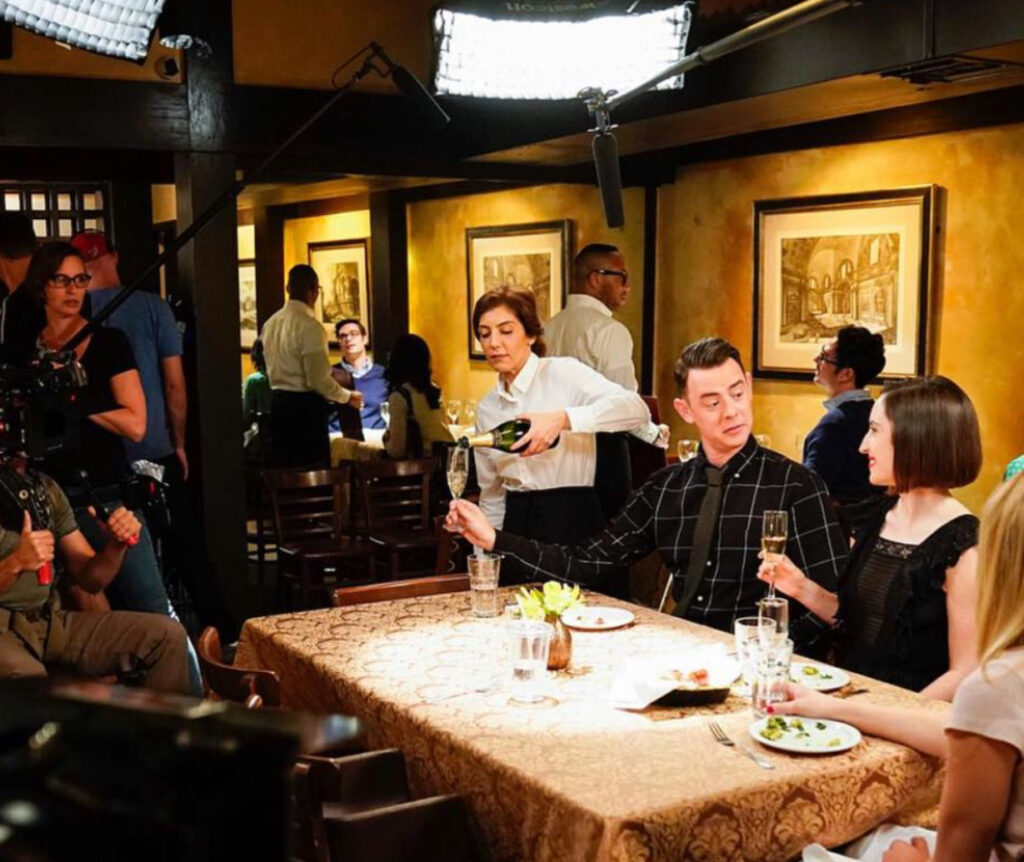
A Whole New Appreciation for Comedy
That self-tape wasn’t just a turning point in my career; it was the moment I fell in love with sitcoms. I began to see them as their own intricate, highly technical art form. It’s easy to watch a sitcom and think the comedy looks effortless. That’s the point. But behind the laughter is a carefully constructed framework that demands respect.
Since that day, I’ve had the privilege of working on live-audience sitcoms like Roseanne, improvisational comedies like Curb Your Enthusiasm, and many projects in between. Each experience has deepened my appreciation for comedy—and especially for the incredible writers who make sitcoms what they are.
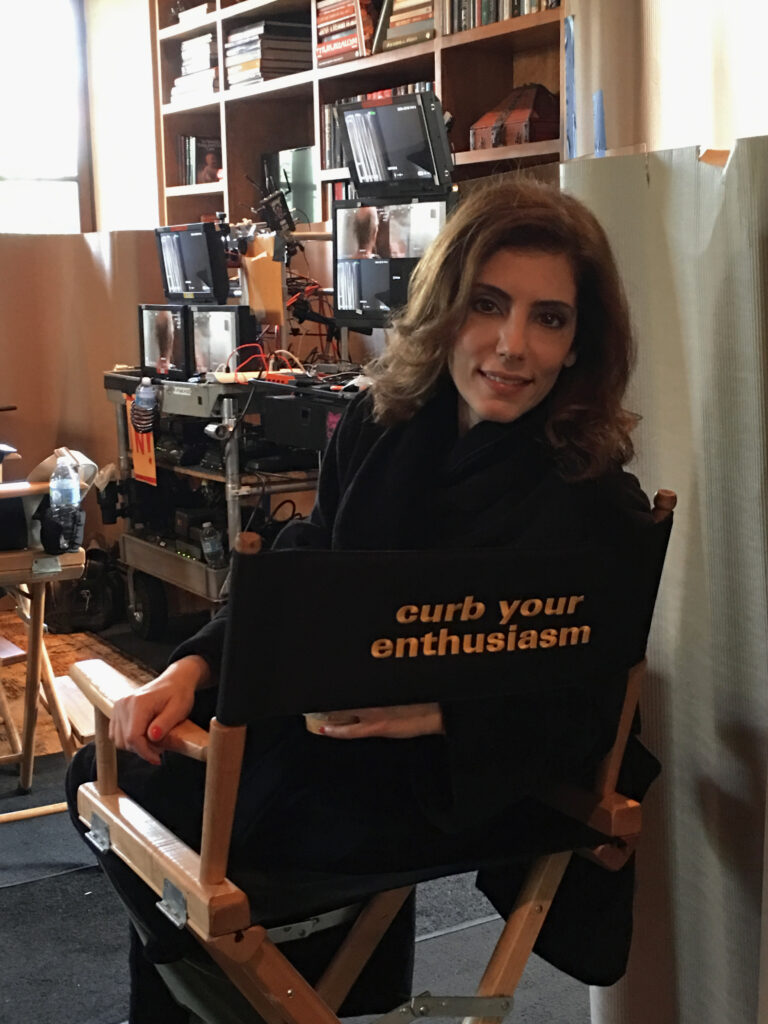
The Takeaway
Comedy wasn’t easy—at least, not for me. It’s a completely different beast that challenged everything I thought I knew about acting. But when you get it right, it’s magic. That magic began with one self-tape and one life-changing coaching session.
Sitcoms are their own world, with unique demands that require rhythm, precision, and respect for the script. It wasn’t an overnight process, but I’ve put in the work. Now, I can proudly say: it’s a different beast—and I’m slaying it!

